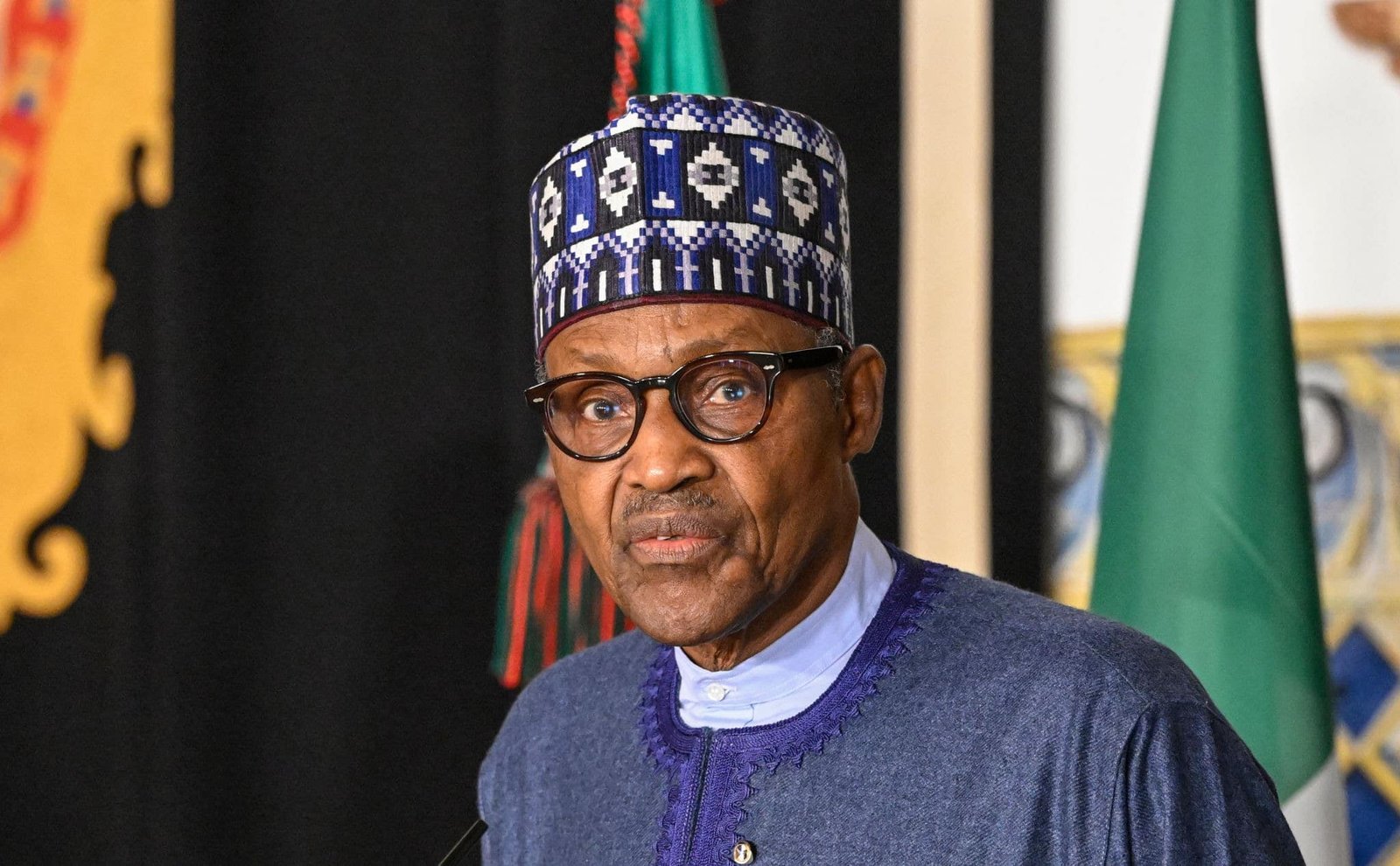The Economic and Financial Crimes Commission (EFCC) has discovered a fraud of N37.2 billion that was allegedly committed within the Ministry of Humanitarian Affairs under the former minister, Sadiya Umar-Farouk.
The revelation has raised concerns about the misuse of funds intended to help those in need and empower vulnerable individuals.
According to an exclusive report by the PUNCH, the scam involved channelling large amounts of money from government funds into 38 bank accounts belonging to a single contractor named James Okwete. These accounts were spread across five major banks and were used for various illegal activities.
Okwete, who is believed to be the main person behind the scheme, is accused of transferring a total of N6.74 billion to Bureau de Change operators as a way to launder money. In addition, he lived a luxurious lifestyle, spending N540 million on cash withdrawals, N288 million on luxury cars, and an astonishing N2.2 billion on high-end properties in Abuja and Enugu.
However, the alleged wrongdoing goes beyond personal extravagance. Investigators have discovered that Okwete is connected to 53 companies, and out of those, 47 companies were able to secure government contracts worth N27.4 billion. Furthermore, Okwete’s complex financial network involves a staggering 143 bank accounts spread across 12 different banks, with 134 of these accounts belonging to corporations associated with his network.
In 2023, the Independent Corrupt Practices and Other Related Offences Commission (ICPC) made a shocking discovery. They found that N2.67 billion, which was supposed to be allocated to the Ministry of Education’s school feeding program during the 2020 COVID-19 lockdown, had mysteriously ended up in private bank accounts.
The revelation was made by Prof. Bolaji Owasanoye, the former Chairman of the ICPC. He revealed that the misappropriated funds were hidden in personal accounts that were connected to payments made to certain federal colleges.
But the ICPC didn’t stop there. They conducted a review of the Open Treasury Portal between January and August 2020 and uncovered a widespread pattern of financial misconduct involving 72 government agencies. They discovered a total of N90 million in irregularities, which raised serious concerns about the management of public finances. This revelation has cast a dark shadow over the integrity of financial practices in the public sector.
Former Education Minister Adamu Adamu was encouraged by the Socio-Economic Rights and Accountability Project (SERAP) to publicly publish the identities of people accused of participation in the scam. The Minister, however, declined.




